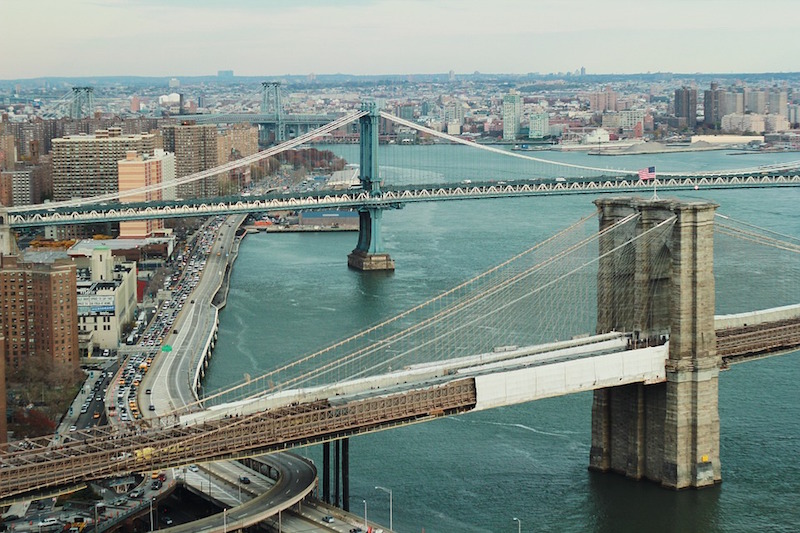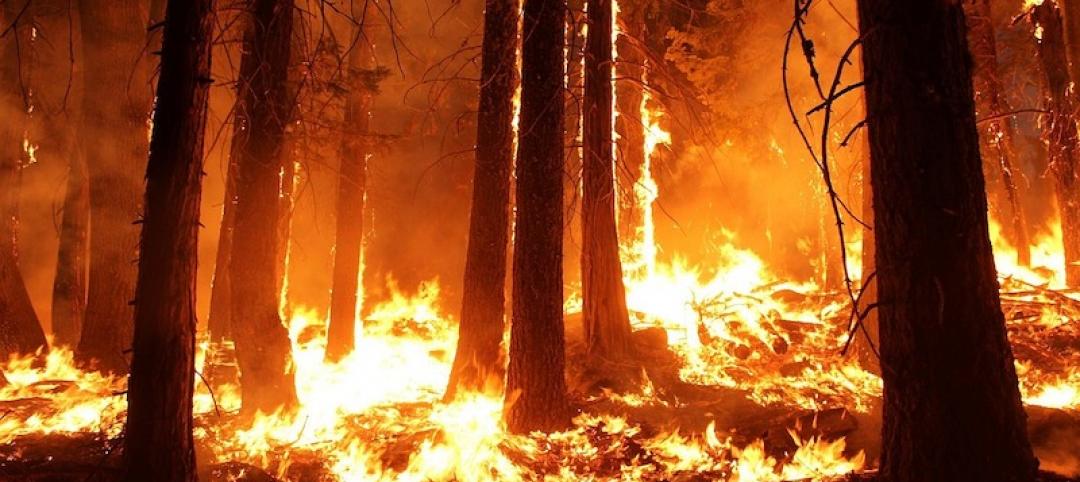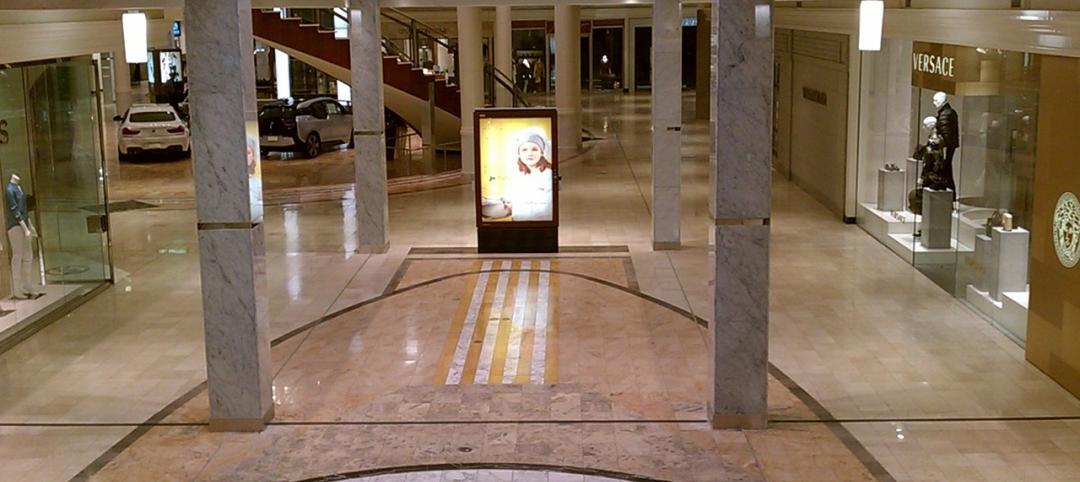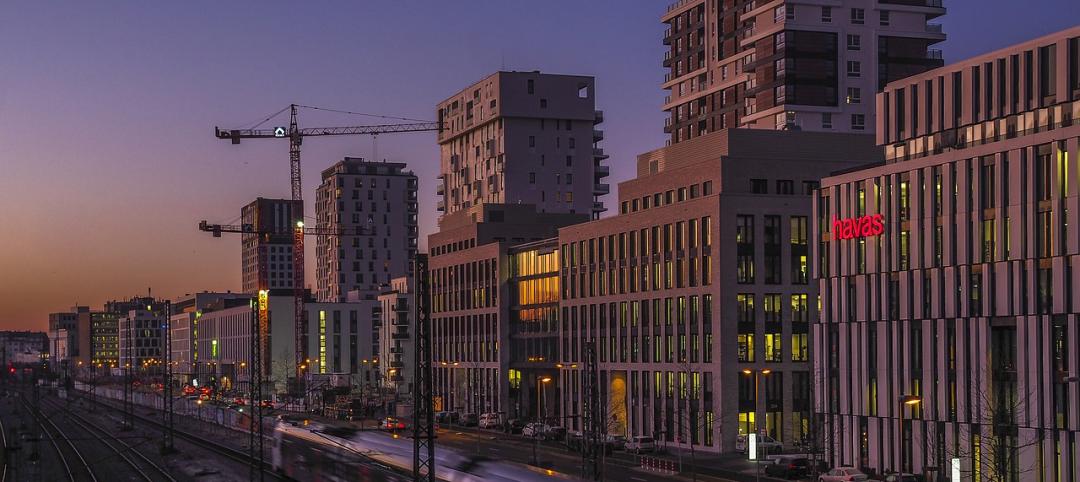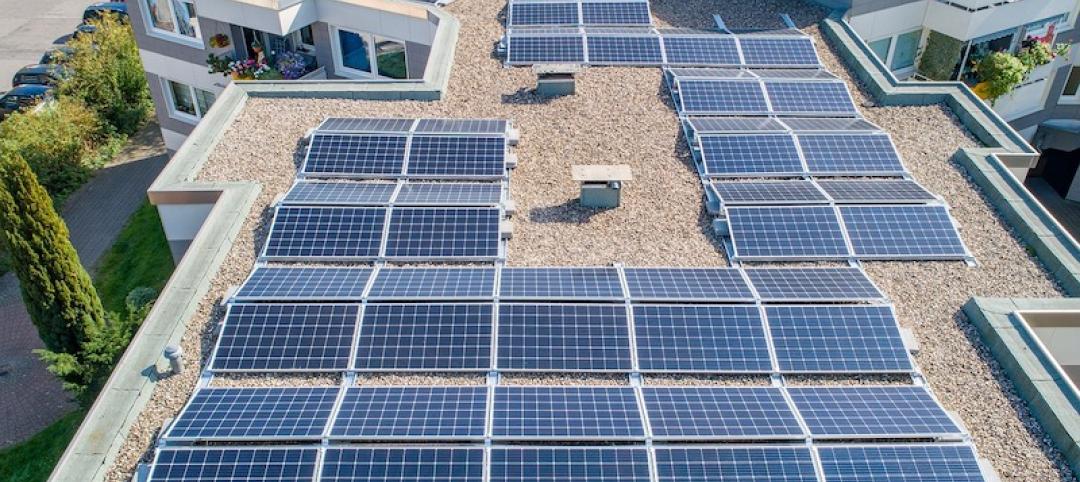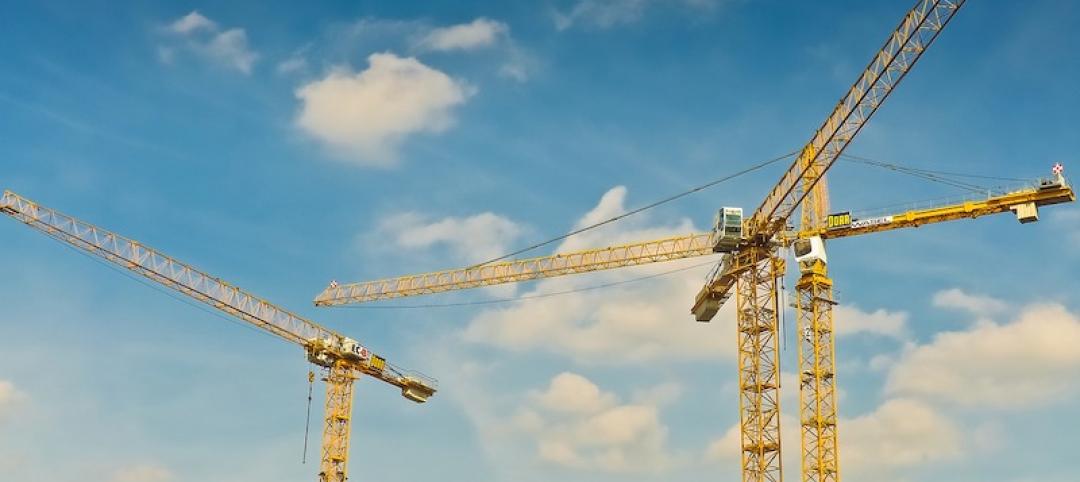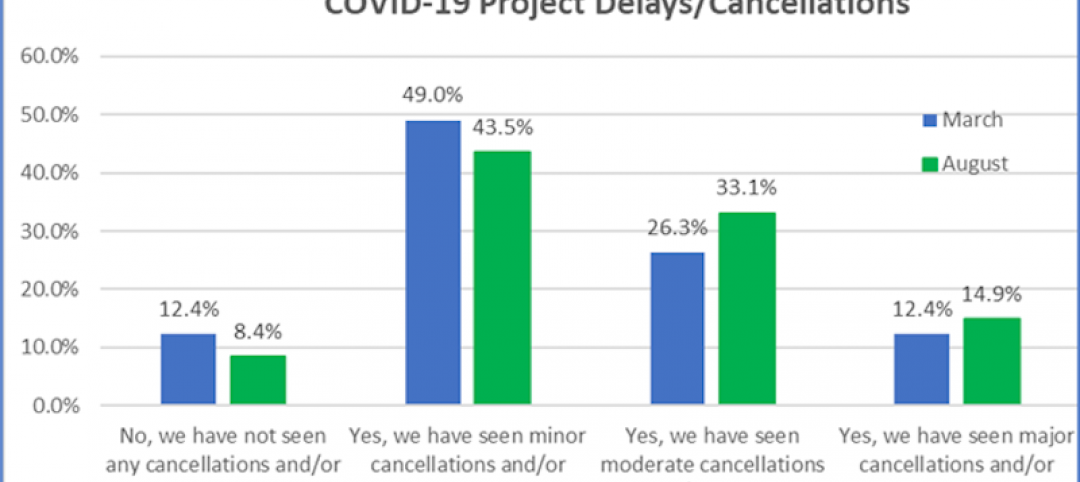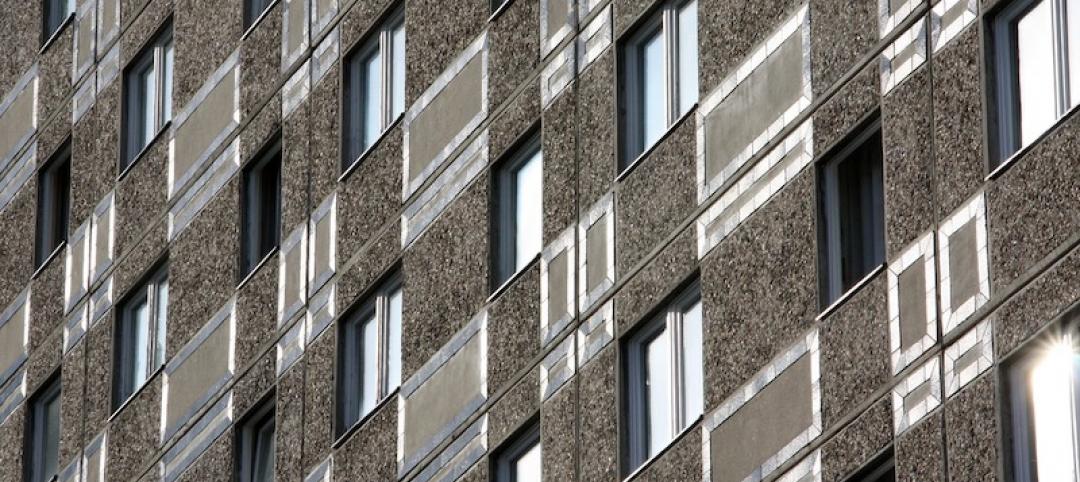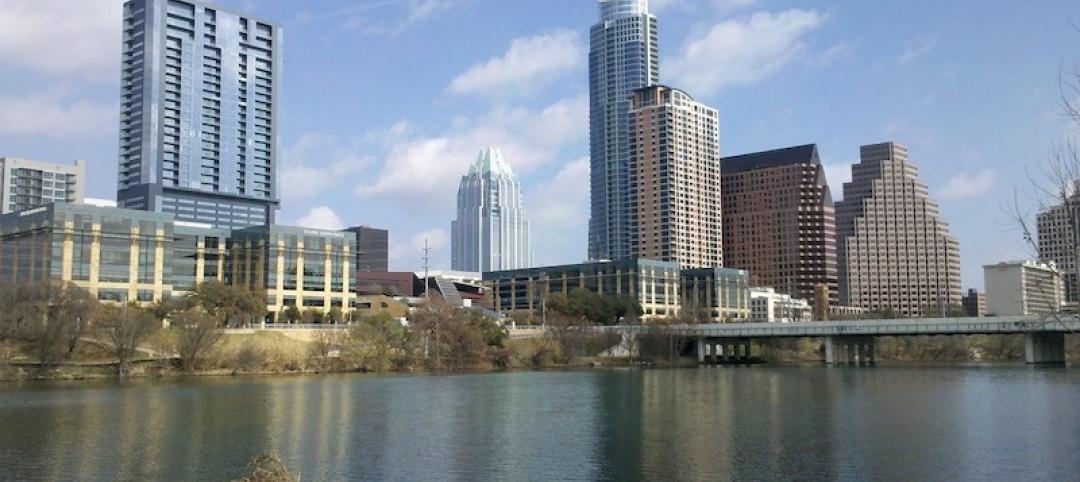The developer of a New Jersey condominium development and its architecture firm face a $10 million construction defect verdict in a case involving non-compliance with fire codes.
The Grandview I building on the Hudson River, developed by Hovnanian Enterprises’ subsidiary, K. Hovnanian and designed by RTKL New Jersey Architects, was alleged to have been built in a condition that was not compliant with fire codes. The plaintiff—the condominium association--alleges that the developer knew about the non-compliance and failed to disclose this fact with buyers.
According to the plaintiff’s attorneys, the architect designed the building with plywood subflooring and later warned the developer that to comply with code the structure would have to be reclassified from Type 2 to Type 3. The reclassification would have allowed plywood if the building’s exterior steel-with-brick-veneer walls were rebuilt with code-required masonry walls.
The building codes provide for five types of buildings, ranging from the most fire-resistant Type 1 — often a skyscraper — to Type 5, typically a wood-framed house. Defense attorneys argued that the plywood flooring was not a life-safety issue, since fire alarms and exits would allow all residents to safely vacate the building. The condo association's attorneys agreed that there was no threat to residents' lives, but that property could suffer more damage as a result of the code violation.
Related Stories
Codes and Standards | Nov 2, 2020
Wildfires can make drinking water toxic
Updated building codes could mitigate the danger.
Adaptive Reuse | Oct 26, 2020
Mall property redevelopments could result in dramatic property value drops
Retail conversions to fulfillment centers, apartments, schools, or medical offices could cut values 60% to 90%.
Codes and Standards | Oct 26, 2020
New seismic provisions for the National Earthquake Hazards Reduction Program released
The provisions present a set of recommended improvements to the ASCE/SEI 7-16 Standard.
Codes and Standards | Oct 22, 2020
More than 130 building projects have engaged LEED’s Safety First Credits in response to COVID-19
Best practices helping companies develop and measure healthy, sustainable, and resilient reopening efforts.
Codes and Standards | Oct 21, 2020
New technologies and techniques can ‘future-proof’ buildings
Net-zero principles may give buildings longer lives.
Codes and Standards | Oct 20, 2020
Updated AIA Contractor’s Qualification Statement and Warranty Bond documents available
Statement now includes safety protocols and plans, sustainability, and BIM experience.
Codes and Standards | Oct 19, 2020
NEXT Coalition chooses five pilot projects to fight COVID-19 on jobsites
Mobile platforms, wearable sensors, AI video systems among the trial solutions.
Codes and Standards | Oct 15, 2020
Neighborhoods Now offers cost-effective, DIY designs in response to COVID-19 pandemic
Designs include barriers for outdoor dining, sidewalk retail displays, and modular seating for public spaces.
Codes and Standards | Oct 14, 2020
Standard contract document for prefab and modular building released
ConsensusDocs addresses the most common prefabricated construction use-case scenario.
Codes and Standards | Oct 13, 2020
Austin is first major Texas city to adopt wildfire code
New ordinance based on the International Wildland-Urban Interface Code.


